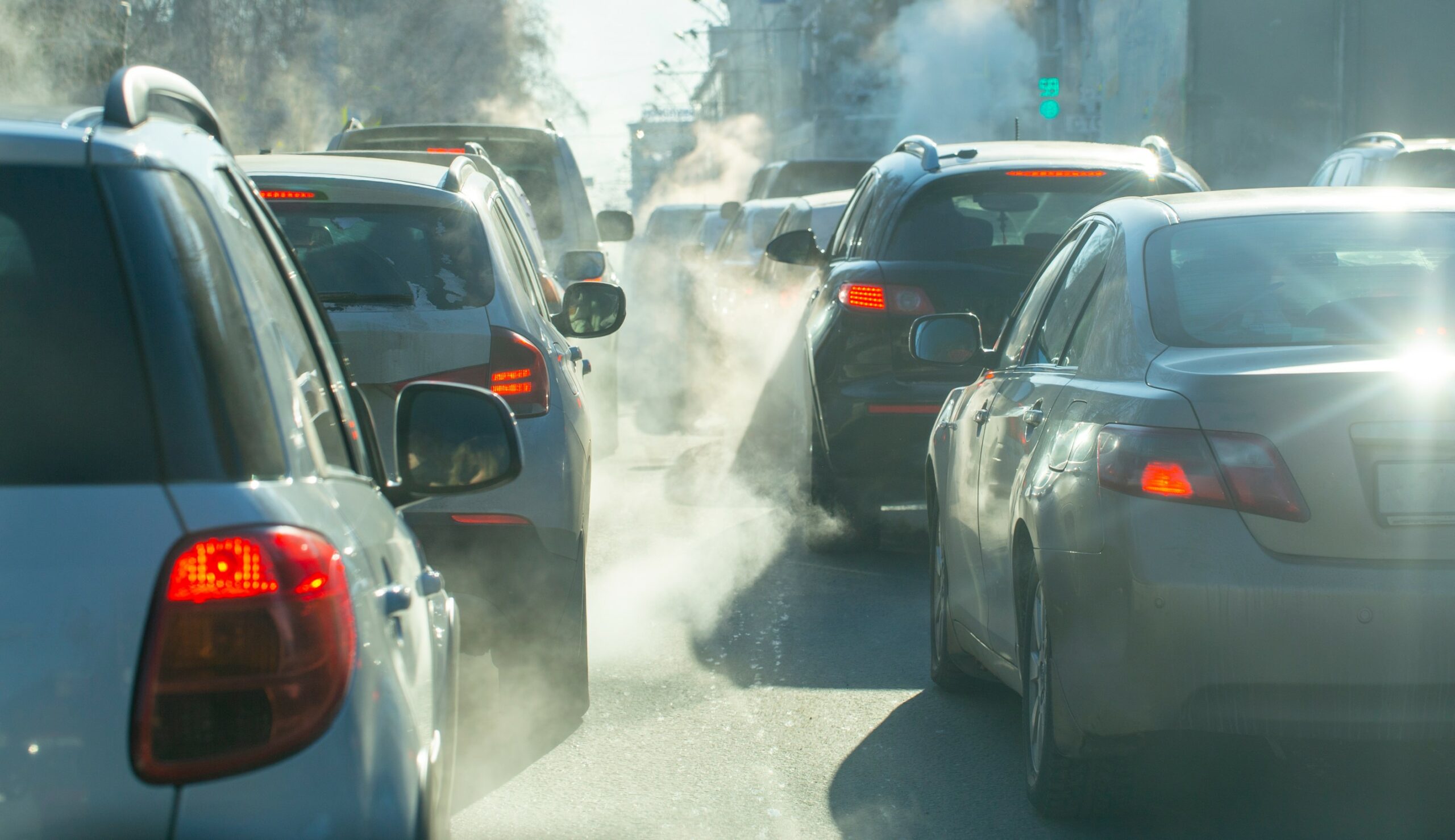
Roll up your windows; if cycling or walking take a different route
Your lengthy daily commute in heavy traffic might be harming your ability to work as well as causing you to suffer from depression.
Read More »The pollution affects how various areas of the brain communicate and interact with each other, according to the study.
The harm caused to the functioning of your brain might be short-lived, but when the exposure to this form of air pollution is continuous over time, the damage might prove to be permanent, the scientists suggest.
Such exposure will take place when you are sitting in gridlocked traffic day after day for a long time.
More damaging for cyclists
The scientists note that the pollution is considerably more damaging if you are cycling or walking down a busy street.
You will be breathing in the fumes directly. You do not have the protection of a car’s air filter that can reduce the impact of the pollution.
Evidence found of harmful impact
Scientists have thought for decades that the brain might be protected from the harmful impact of air pollution, explains Dr. Chris Carlsten, senior author of the study, who is professor of respiratory medicine and the Canada Research Chair in occupational and environmental lung disease at the University of British Columbia.
Now the study—the first of its type in the world—provides new evidence that the brain is not protected from the air pollution caused by traffic. There is, in fact, a link between air pollution and the brain’s function, Carlsten explains.
Also linked to depression
Changes in the brain’s network have been linked with symptoms of depression as well as reduced brain performance, says Dr. Jodie Gawryluk, a psychology professor at the University of Victoria and the first author of the study. It is disturbing, therefore, to find that pollution from traffic can cause changes to that network in your brain.
It is possible, too, that the impact of these changes might harm your ability to work and to think, Gawryluk adds.
Biggest environmental threat
Air pollution is increasingly being recognized as the biggest environmental threat to our health, Carlsten says. The impact of this pollution is being seen more and more across all of our major organ systems.
He adds that he expects similar effects to our brains will be found as a result of exposure to other forms of air pollution, such as smoke from forest fires.
At a time when the incidents of brain disorders are growing, it is important that policymakers and public health officials should take air pollution into account, Carlsten says.
How the study was conducted
In undertaking the study, the researchers briefly exposed 25 adults who were healthy at the time to filtered air at times and to diesel exhaust fumes at other times. The scientists measured brain activity after and before such exposure. The tests were conducted using functional magnetic resonance imaging (fMRI) in a laboratory setting. The high-tech laboratory, situated at Vancouver General Hospital, is able effectively to mimic various air pollutants.
The researchers then analyzed the changes that were recorded to have taken place in the default mode network of the brain. This network is a set of brain regions that are interconnected and have a significant role to play in internal thought and memory.
The fMRI disclosed that the brain connections of those who took part in the study were lowered in a widespread area of the brain’s network after the participants had been exposed to diesel exhaust fumes compared with those who had been exposed only to filtered air.
Changes were temporary
The changes that took place in the brain when exposed to the diesel fumes were temporary, Carlsten says. The brain connections returned to their normal state after exposure to the pollution.
Carlsten adds, however, that the effects can be long-lasting when the exposure is continued day after day for some time.
Advice for commuters
Carlsten has this advice for those who commute regularly to work in heavy traffic:
• Be mindful of the air that you are breathing.
• Take suitable steps to minimize your exposure to air pollution that can be potentially harmful, such as the exhaust from cars.
• Think twice the next time that you are stuck in heavy traffic in your vehicle with the windows rolled down. Roll up your windows and ensure that the air filter on your car is turned on and is working effectively.
In that way you will reduce the amount of your exposure to the pollution.
• If you are cycling or walking down a busy road, think about taking a route that is less congested.
The study appears in the journal Environmental Health.





